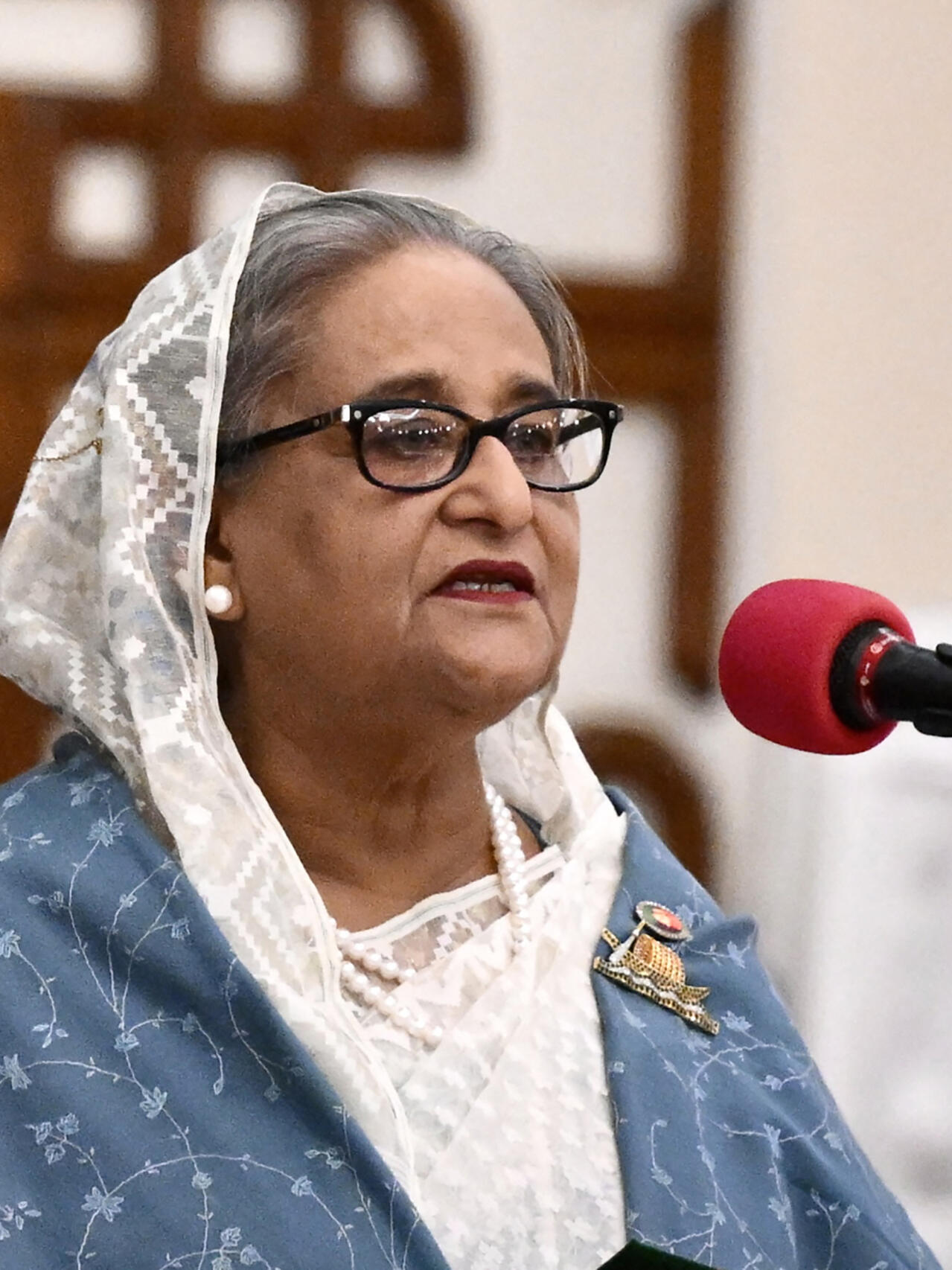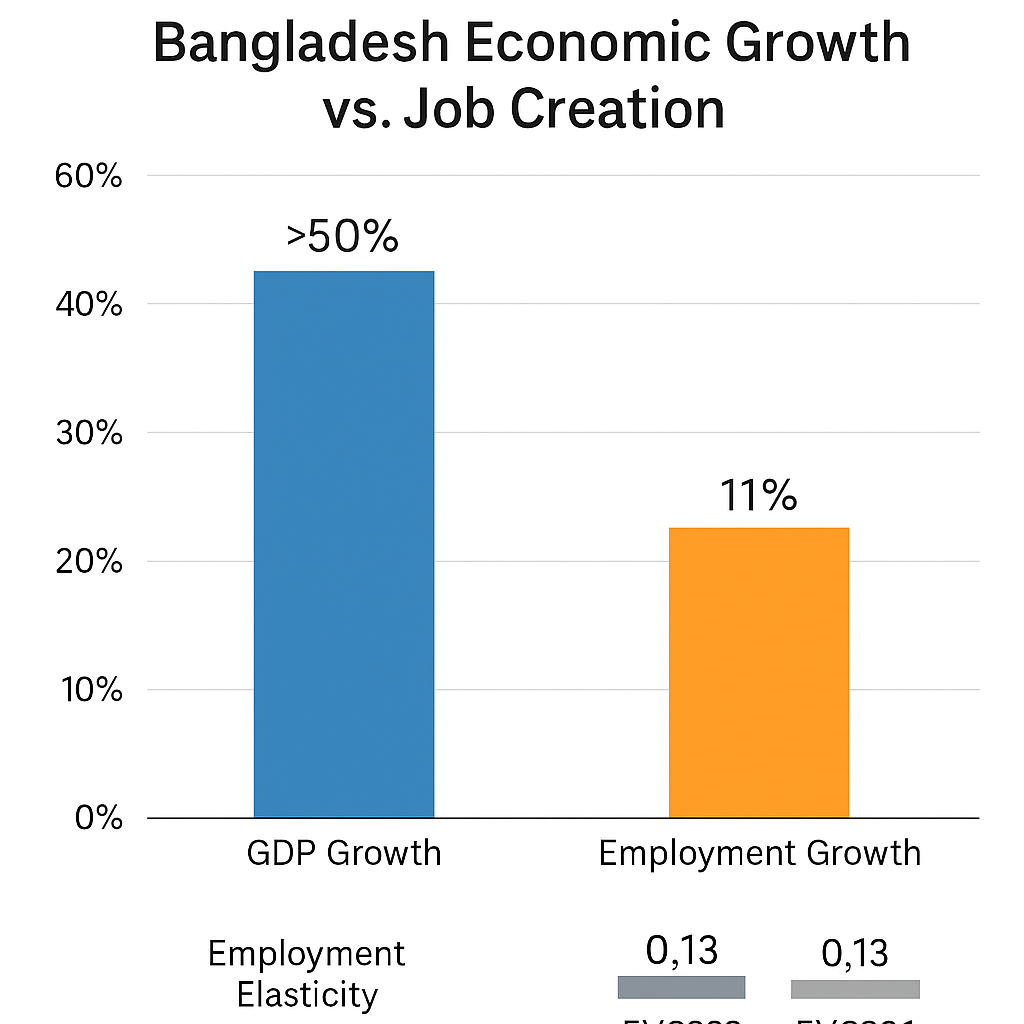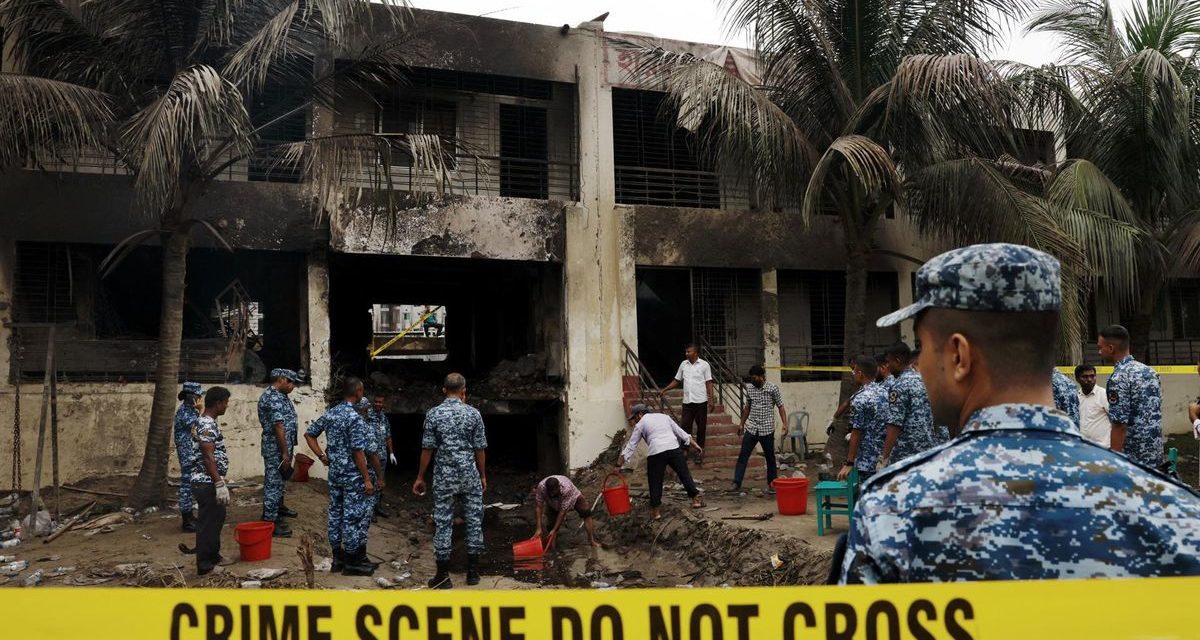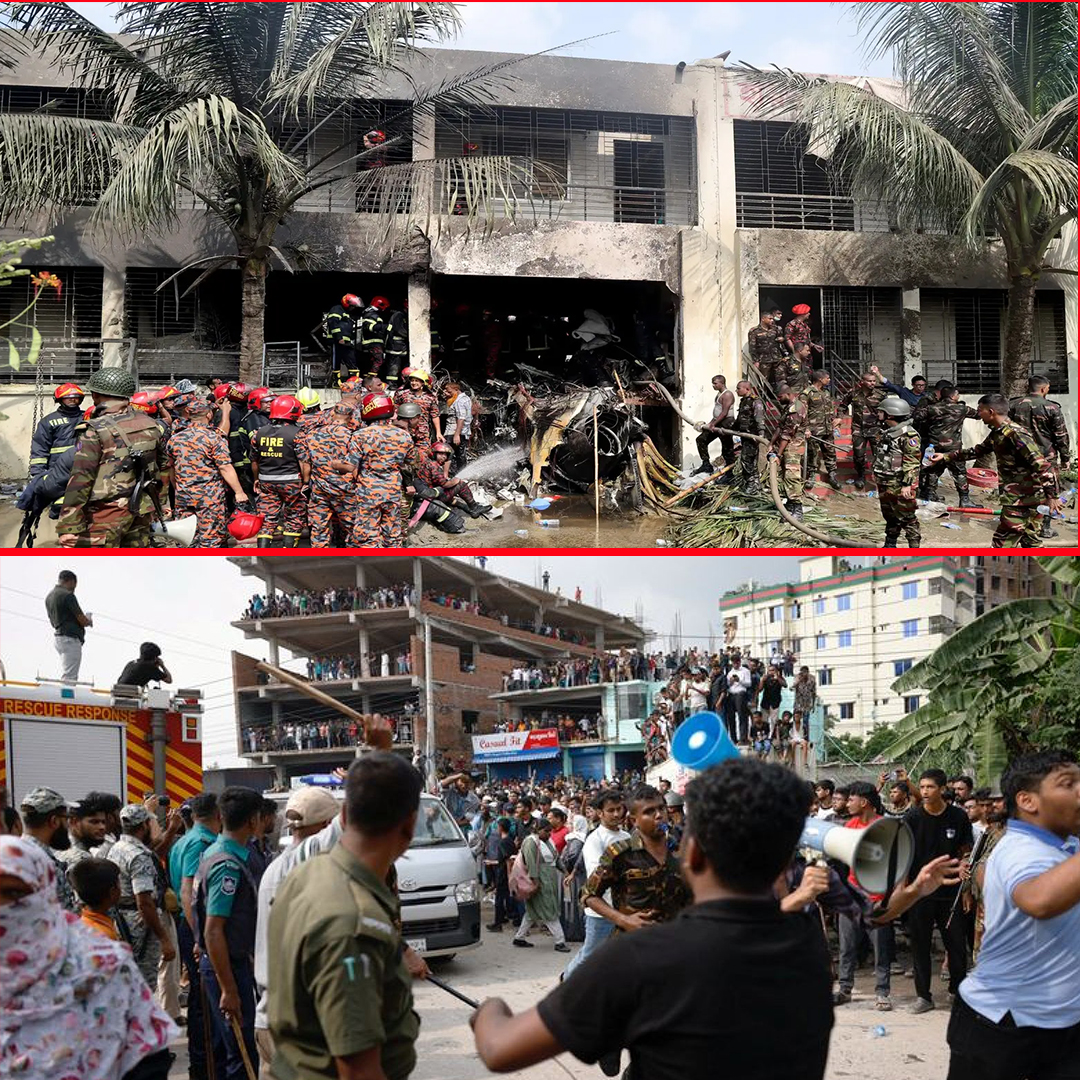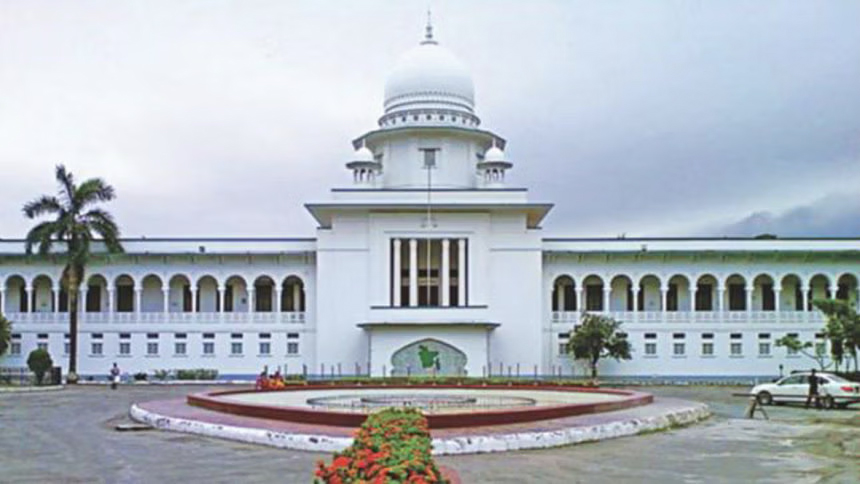
New chamber system introduced in the Appellate Division to fast-track urgent petitions and improve judicial efficiency under the leadership of Chief Justice Syed Refaat Ahmed
Chief Justice Syed Refaat Ahmed has nominated two senior justices of the Appellate Division, Justice Md Rezaul Haque and Justice Farah Mahbub, to serve as Chamber Judges of the Bangladesh Supreme Court. The announcement, made on July 20, 2025, marks a significant step in formalizing the chamber court system within the Appellate Division, aiming to streamline the handling of urgent petitions and improve judicial efficiency.
Justice Md Rezaul Haque has been appointed as Judge-in-Chamber-1, while Justice Farah Mahbub will serve as Judge-in-Chamber-2. Both judges are highly respected members of the judiciary with extensive experience in constitutional, civil, and administrative matters. Their appointments reflect both seniority and capability, reinforcing a long-standing tradition of maintaining judicial order through experience-based selection.
Chamber Judges in the Supreme Court play a vital role in managing urgent legal matters that cannot wait for a full bench hearing. These include bail petitions, injunctions, stay orders, and emergency writs. Until now, the chamber judge function was carried out more informally, typically by the senior-most judge available. The new appointments establish a formal structure, enabling better allocation of judicial responsibilities and reducing delays in time-sensitive cases.
The introduction of the two dedicated chambers—Chamber-1 and Chamber-2—also aligns with the Chief Justice’s broader efforts to modernize Bangladesh’s judiciary. Since assuming office in August 2024, Chief Justice Syed Refaat Ahmed has prioritized transparency, efficiency, and accessibility. Under his leadership, the Supreme Court has initiated paperless proceedings in specific benches, promoted digital filing systems, and pushed for administrative reforms to address growing case backlogs.
The appointments of Justice Rezaul Haque and Justice Farah Mahbub are expected to significantly enhance the responsiveness of the highest court to urgent applications. With chamber judges now clearly designated, litigants and legal professionals can expect quicker processing of emergency motions, without the procedural delays often caused by awaiting a full bench session.
Justice Md Rezaul Haque, known for his balanced judicial temperament and deep understanding of constitutional law, has a track record of delivering important judgments in both criminal and civil matters. Justice Farah Mahbub, one of the most respected female justices in the country, brings a wealth of experience in administrative and family law. Her presence in the chamber reinforces the growing inclusion and visibility of women at the highest levels of the judiciary.
This structural reform also reflects the Supreme Court’s response to increasing demands for timely justice. Over the past several years, the court has faced criticism for delays in resolving urgent legal petitions. By assigning specific judges to handle these matters consistently, the new system introduces accountability and predictability for petitioners.
The chamber judge appointments come at a time when the judiciary is under close public scrutiny. Following controversies during the previous Chief Justice’s tenure, which included allegations of inefficiency and erosion of judicial independence, Syed Refaat Ahmed’s leadership has been marked by a return to procedural discipline and seniority-based appointments. This latest move is widely seen as part of an effort to rebuild public confidence in the highest court.
Legal analysts have welcomed the appointments, noting that a functional chamber system is essential for any modern judiciary. By ensuring that critical decisions—such as bail or injunctions—can be made promptly, the Supreme Court not only upholds individual rights but also strengthens the rule of law. Experts suggest that the chambers will also help reduce pressure on the full bench, enabling it to focus on complex constitutional and appellate matters.
However, the success of the chamber court system will depend on how well it is supported administratively. Adequate staffing, case management tools, and clear procedural guidelines will be necessary to ensure that the new system delivers on its promise. The Supreme Court is expected to issue detailed rules governing the operation of the chambers in the coming days.
Looking ahead, the creation of permanent chambers in the Appellate Division may serve as a model for similar reforms in the High Court Division. As the judiciary continues to modernize, structural innovations like these are essential for maintaining the credibility and efficiency of the legal system.
In summary, the appointment of Justice Md Rezaul Haque and Justice Farah Mahbub as Chamber Judges of the Appellate Division is a landmark development for Bangladesh’s Supreme Court. It demonstrates a commitment to swift justice, judicial professionalism, and institutional reform. As the chamber system becomes operational, it is expected to enhance access to justice for citizens while contributing to the overall effectiveness of the judiciary.
source : thedailystar


